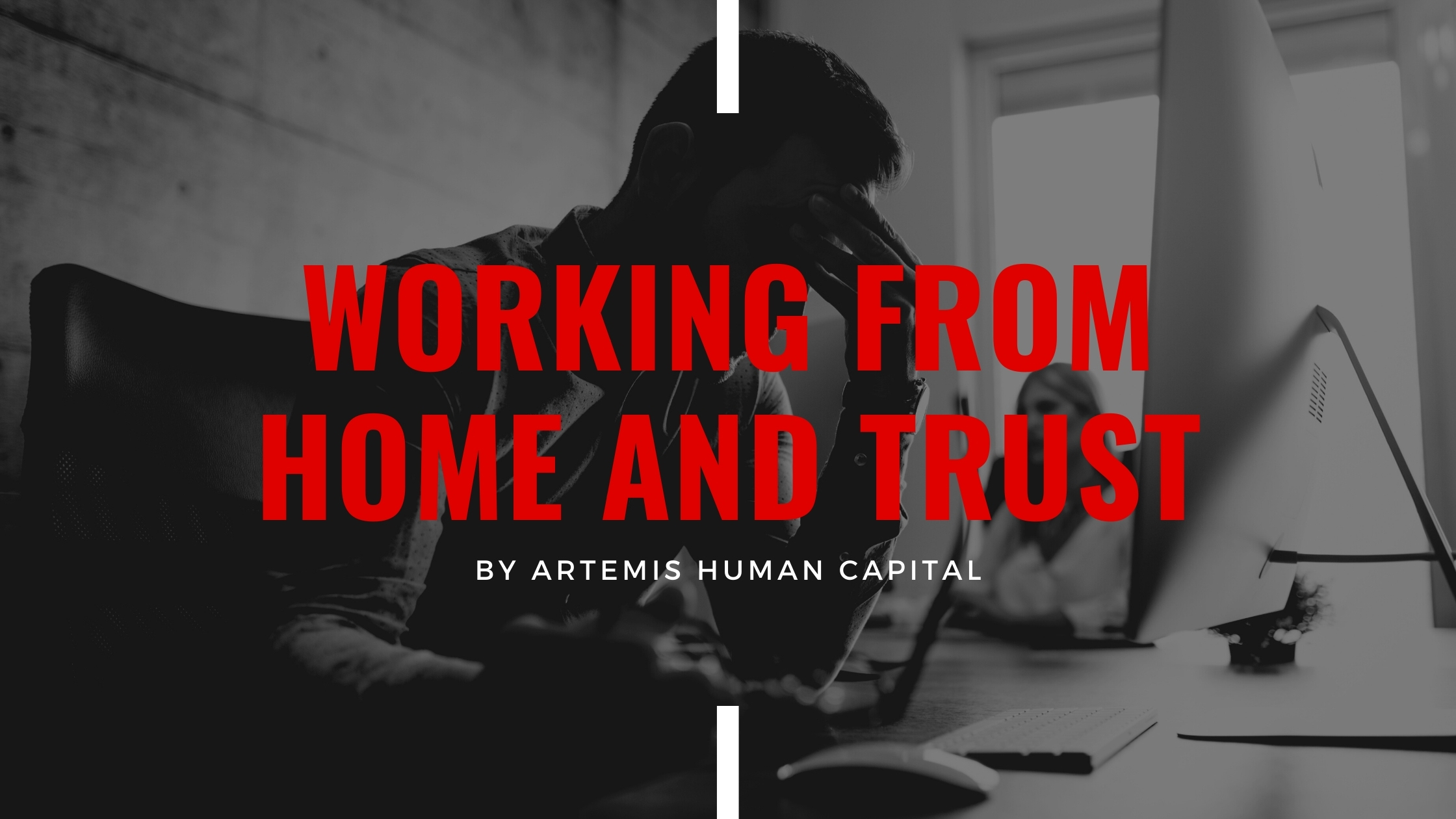Since the start of the pandemic there have been many online surveys trying to ascertain the preference of employees regarding working from home versus returning to the office. The results of these surveys seem to point toward a hybrid approach being preferred by the majority.
As a team we are speaking with candidates every day and the question of how they find working from home often crops up during conversation. Most cite benefits such as no commute, ability to exercise at lunchtime, get dinner prepared etc, no travel costs. However, as the situation continues the cracks are starting to show.
As one would expect, people miss the buzz and the camaraderie of the office and the lack of team nights out where friendships are formed, and trust is built, is influencing culture for many organisations. As much as we try to bond over zoom and teams I think we can all agree IT’S NOT THE SAME.
Another complaint is that quite often it is difficult to distinguish work life from home life. With no natural start and finish to the day with a commute to break the cycle, employees are experiencing burnout and sitting in their home offices for far longer than they would in the workplace. With nobody to grab a coffee with or to even have small talk with, employees can feel isolated. I am not even going to speculate on how WFH and home schooling are affecting working parents. I am just so thankful not to have been impacted by this personally!
As time goes on there is one significant factor that is impacting both individuals and culture and that is micromanagement and a general feeling of mistrust. We were discussing this as a team last week and quite frankly I was trying to establish from everyone what was the right level of contact from me. Managing a team remotely is new to me (only from the onset of COVID) and I am keen to ensure everyone is feeling involved and supported but quite frankly the thoughts of two to three meetings per day and worse monitoring somewhat arbitrary KPIs would be my worst nightmare! I am sure they would all be sick of the sight of me too.
I was reading a very interesting article over the weekend from Harvard Business Review. In truth I was probably looking for affirmation rather than actual research as I appear to be going against the grain, particularly in the recruitment industry. The key takeaway from this was People perform to the measure, not to the objective.
I found the below an interesting extract….
Monitoring Is Not the Answer
An increasingly common approach to dealing with decreased trust is to counter it with increased monitoring. Whether done through technology (for example, keystroke capture) or process (for example, daily check-ins), monitoring is usually counterproductive.
First, it never works. Any manager who thinks they can know everything their remote employees are doing is fooling themselves; there will always be gaps in any monitoring process. Second, people perform to the measure, not to the objective. It doesn’t take much to figure out how to get around the measures themselves, and employees often put more effort into working around them than into just doing the work. Third, monitoring isn’t just ineffective — it actually makes the problem worse. One survey found that 49% of employees subject to stringent monitoring reported severe anxiety, compared to only 7% of those subject to low levels of monitoring. Monitoring can also increase burnout and employee dissatisfaction and undermine firm morale.
There are few stronger signals that you don’t trust someone than putting them under surveillance.
Understanding the Science of Trust
Monitoring fails because it tries to solve the wrong part of the trust equation — it’s about managers trying to eliminate the space for vulnerability. The better approach is to leave the space alone, but reduce the likelihood that someone will take advantage of it (and you). This doesn’t mean trusting blindly, but rather relying on the science of trust to build it in the least risky way possible.
Recognize and leverage reciprocal trust. So often, when we talk about trust, we focus on how we develop it in other people. This misses the fact that trust is bi-directional and reciprocal — research shows that the more you trust someone and act accordingly, the more likely they are to trust you in return. Importantly, these do not operate independently. This means that in order to increase trust within your network, you need to shift your focus to signaling your own trustworthiness. Increasing others’ trust in you reduces uncertainty by creating a more stable and certain environment. Thinking in more Machiavellian terms, it also provides reciprocal leverage — the more trust they place in you, the less likely they will be to betray your trust (think mutually assured destruction as the underpinning of the entire Cold War). This is not setting yourself up to be taken advantage of; this is a strategic move that de-risks trust-building. And remember that which signals you send is one of the few things you do have control over.[1]
What is the right answer?
I guess only time will tell but my gut feeling about this is strong. Every single person in Artemis was employed because of ability, work ethic and integrity. These things have not changed, so we will maintain a hybrid approach and embrace the benefits of both.

